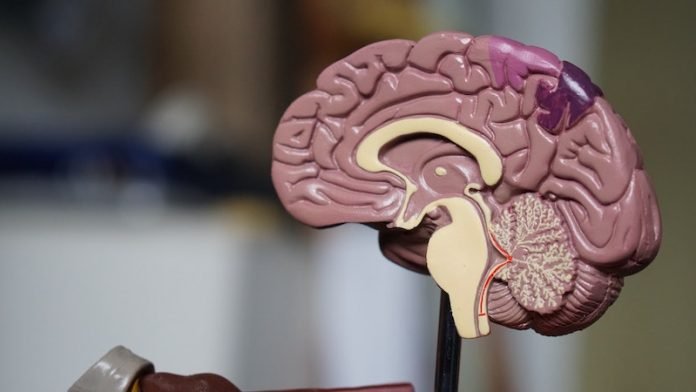
Scientists from The University of Texas found that oral administration of rapamycin causes an increase in beta (β)-amyloid protein plaques in the brain.
The β-amyloid buildup is a hallmark of Alzheimer’s disease.
The research is published in the Journal of Neuroscience and was conducted by Manzoor Bhat et al.
Rapamycin is approved to treat transplant and cancer patients. Publicly available data suggest that the drug might also improve learning and memory in aged mice.
In the study, the team observed that after rapamycin treatment, a protein called Trem2 (triggering receptor expressed on myeloid cells 2) is dramatically diminished.
Trem2 is a receptor located on the surface of the microglia, and it enables these cells to engulf and degrade β-amyloid.
Loss of Trem2 in microglia impairs the vital function of amyloid degradation, which in turn causes a buildup of β-amyloid plaques.
Importantly, the team also found a novel way to increase Trem2 in microglia.
When the team deleted a gene called Tsc1 from the microglia, there was a marked increase in Trem2 levels and a decrease in β-amyloid plaques.
Previous research has shown that loss of Tsc1 leads to activation of the mTOR (mammalian target of rapamycin) signaling pathway. Rapamycin, in contrast, blocks this pathway.
Thus, repressing Tsc1 solely in microglia to enhance β-amyloid uptake could be a potential drug target.
The team says findings from this study may give the medical world a reason to pause testing rapamycin on anyone at risk of Alzheimer’s disease.
Rapamycin may have benefits in terms of suppressing the immune system and as a tumor suppressor.
But in a situation where it negatively impacts the expression of Trem2 or other critical proteins, it may have a detrimental effect.
The researchers caution that rapamycin’s benefits in β-amyloid-associated Alzheimer’s must be studied more carefully.
If you care about Alzheimer’s, please read studies about the root cause of cognitive decline in Alzheimer’s, and 5 steps to protect against Alzheimer’s and Dementia.
For more information about brain health, please see recent studies that herb rosemary could help fight COVID-19, Alzheimer’s disease, and results showing this stuff in mouth may help prevent Alzheimer’s.
Copyright © 2022 Knowridge Science Report. All rights reserved.



